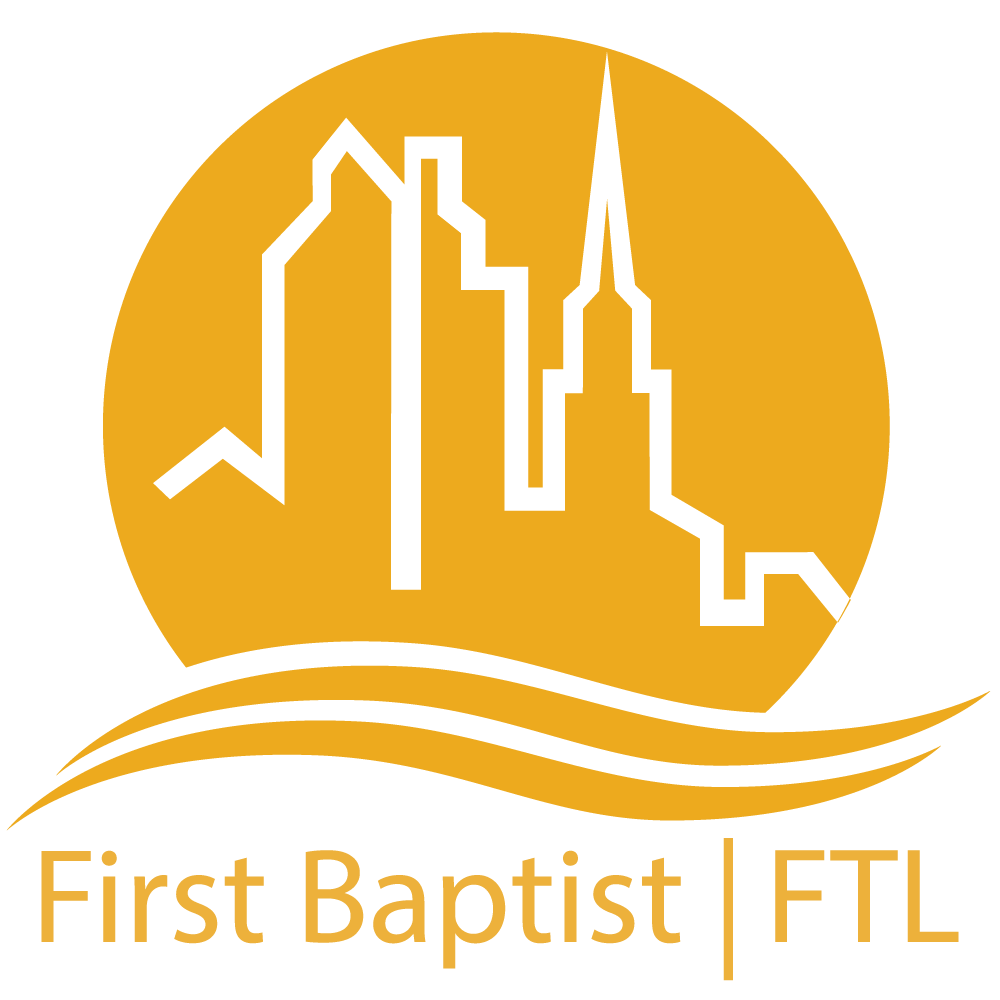
First Baptist Church of Ft. Lauderdale, Florida at center of a new dispute over sale of small lot valued at over $1 million as the church’s faces dwindling cash reserves and court mandated arbitration with hundreds of members church leaders expelled.
A Southern Baptist Convention church that excommunicated over 200 members in one email is now involved in a secretive land deal involving real estate worth over $1 million in downtown Ft. Lauderdale, Florida. First Baptist Church of Ft. Lauderdale sold a small portion of its land holdings following a business meeting but declined to reveal who bought the land and for how much before the congregation approved it.
The Florida Bulldog was the first to report the latest development swirling around the once thriving SBC church. According to the Bulldog, “The First Baptist congregation voted at a July 31 business meeting to sell property at 501 NE 2nd St., a 0.179-acre lot with a tear-down, two-story building, according to documents and multiple accounts. Church officials did not reveal the sales price or the buyer’s identity.
Dissident members—many of the several hundred expelled from the church for causing a division—questioned the land sale and the manner in which the church conducted the sale.
Brian Keno, a spokesman for the dissident members, said the sale highlights many complaints against the church administration.
“I was removed from church at First Baptist in Ft. Lauderdale for being an advocate and asking for transparency,” Keno said on social media. “I was asking the tough commonsense questions that no one wants to answer. How does a non-profit organization and congregational led church as my church transfer a property valued on Broward County Property records at $1.5 million for $100?”
The $100 is the only number listed on the land transaction filings with the county. Keno wondered if there were other elements of the deal that would provide money to the church that was not contained in the public filing. Keno noted that the church’s latest financial records showed only $50,000 in the bank and a significantly higher amount of bills due.
Keno also asked why the identity of those purchasing the property is kept secret from the supposedly congregational led church.
This saga highlights the importance of congregational polity—how the church is governed. Too often it seems megachurches pretend to be congregational but concentrate power in one man or a handful of people loyal to the pastor. This prevents any measure of accountability and leads to arbitrary action such as mass expulsion of members—something unbiblical. As we’ve argued previously, everyone facing expulsion should be submitted to the church for a vote. The trial and expulsion en masse violated the spirit and letter of the biblical commands for church discipline.
According to the Florida Bulldog, Welch called for “biblical discretion” after the firestorm over the land sale hit social media.
“Misinformation means the story is typically false, and if you know that beforehand, spreading it is not only gossip, it becomes slander,” Welch wrote. “Mishandled information is needlessly sharing shameless truth about someone without thinking through the consequences of how that information will affect the said person.”
Passions are running high as this one thriving church faces court-ordered arbitration with the group of dissident members. The church fought arbitration and won in court; however, the judge reconsidered the ruling and mandated Christian arbitration to reconcile the divergent sides.
Arbitration provides a potential resolution to the issues; however, how far the arbitration will go and whether it will consider the case that dissident members fired Welch or how the church handled the land sale is unknown.
What is known is the FBC Ft. Lauderdale bylaws provide a lesson for the danger of consolidating power in the hands of a few. FBC Ft. Lauderdale effectively eliminated congregational control over the church with bylaw revisions allowing church expulsion without a direct-congregational vote. This is outrageous and open to abuse.
If the members are supposed to have the ultimate say in church business—that say must include who is a member of the church. Anything else is inappropriate and unbiblical.